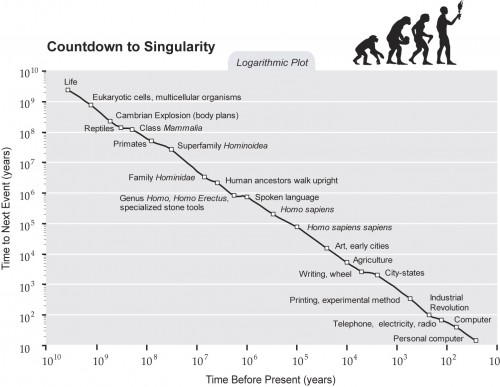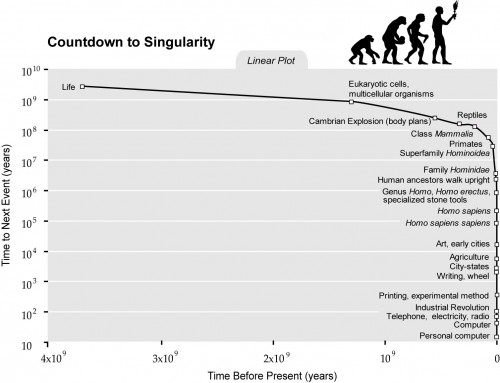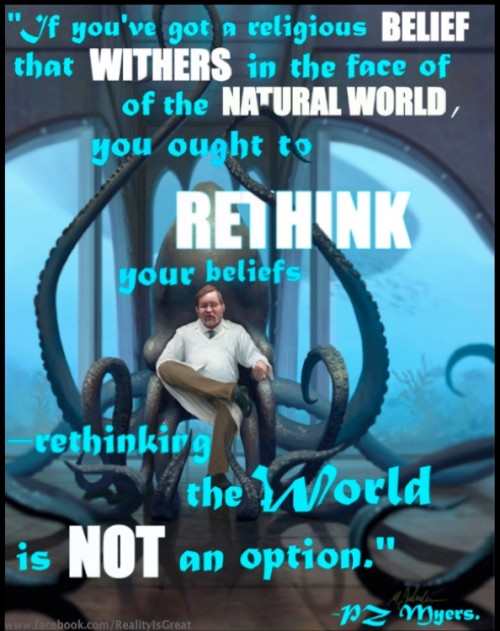There’s this kickstarter project in its closing days — they have four days to raise $40,000 — which aims to put together a lovely hardcover photography book titled A Better Life by Chris Johnson. It’s a good cause, and it dies on Sunday if the goal isn’t met — help out if you can!




